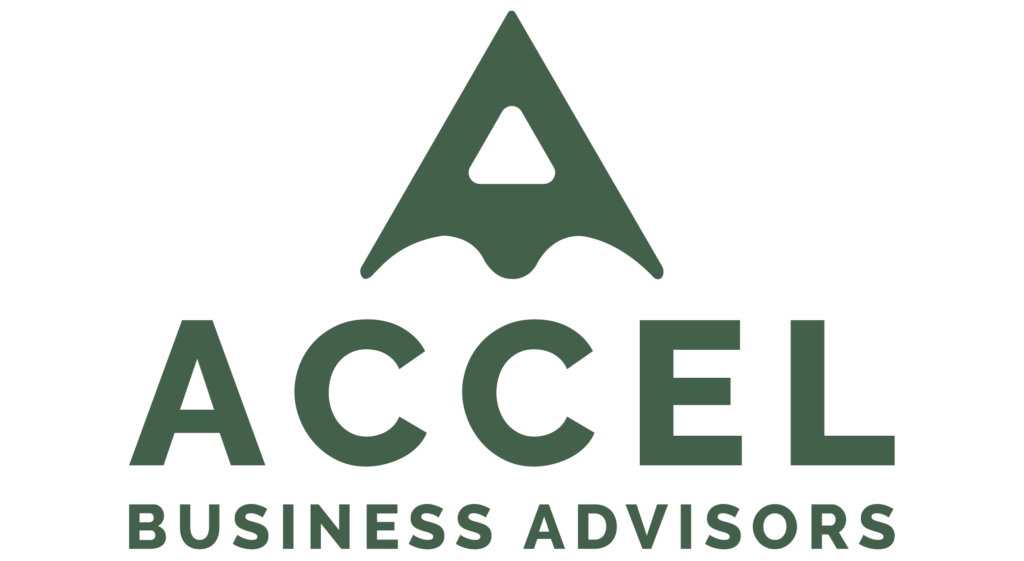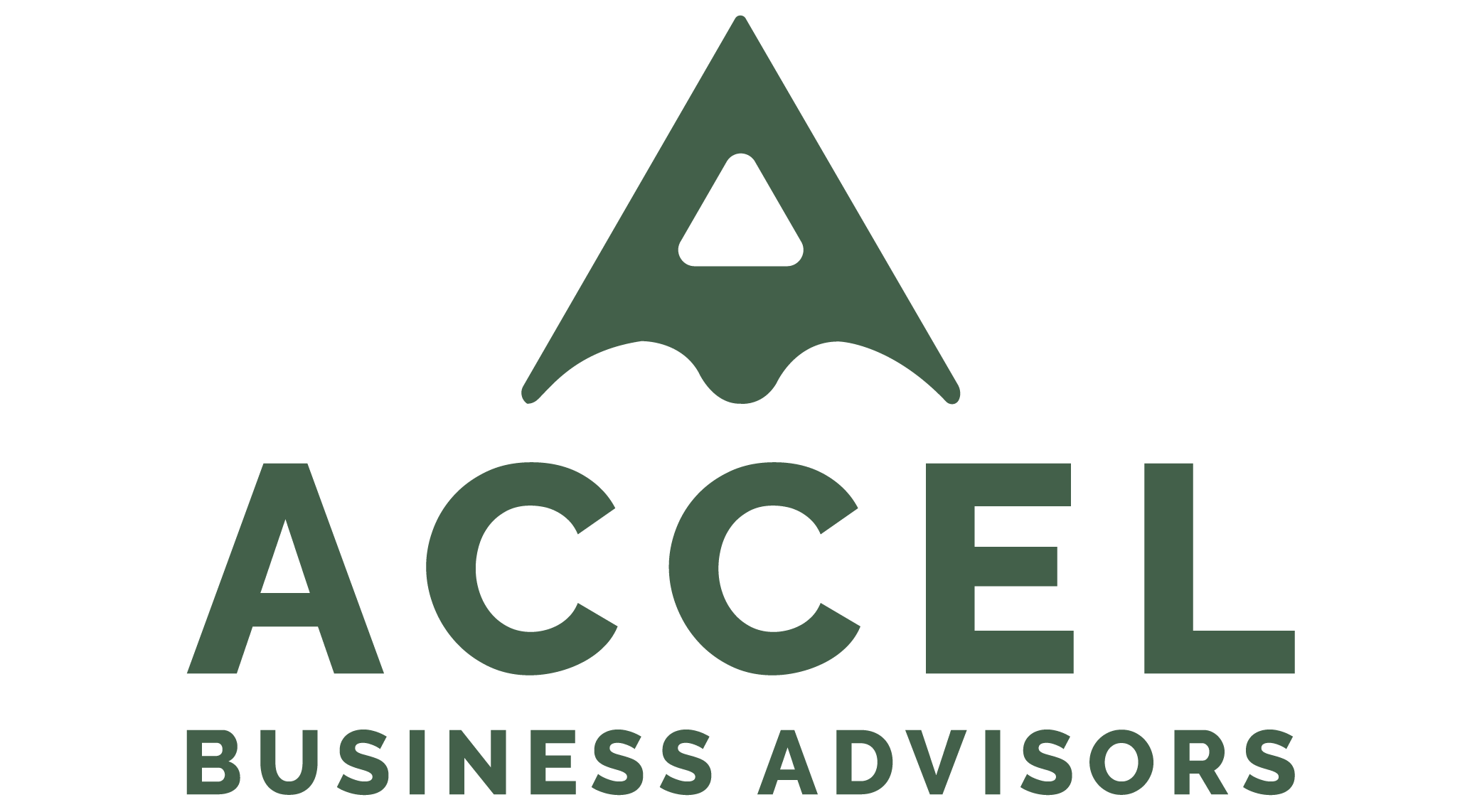Investing in businesses vs investing in real estate is often a decision that investors must weigh in. Of course, each investment has its distinct advantages and disadvantages. While investments in real estate have more predictable return and less owner involvement, investments in business are certainly for a special type of people – people with vision and fortitude.
As business brokers, we see many first-time investors in businesses. We hope this blog will help these investors decide whether investing in business is the right decision. Below are some pros and cons people should consider when investing in business. If you are more attracted to the pro attributes and can overcome some of the negativities along the way, then investing in business will be a rewarding lifetime journey for you.
Pros:
-
- Higher Potential Returns:
-
- While riskier, the potential for higher returns in business investments is significant, especially with successful ventures. This high reward potential is a strong attraction for many investors.
-
- Higher Potential Returns:
-
- Scalability:
-
- Businesses can scale and grow much faster than real estate investments, providing exponential growth opportunities that appeal to investors looking for rapid expansion.
-
- Scalability:
-
- Innovation and Personal Fulfillment:
-
- Investing in innovative businesses allows investors to be part of groundbreaking projects and industries, offering a sense of purpose and fulfillment that is not typically found in real estate investments.
-
- Innovation and Personal Fulfillment:
-
- Liquidity:
-
- Businesses, especially publicly traded ones, offer more liquidity compared to real estate, allowing investors to exit their investments more easily when needed.
-
- Liquidity:
-
- Diversification:
-
- Businesses provide opportunities to diversify across different sectors, reducing the risk associated with investing in a single asset class. This diversification is a key strategy for risk management.
-
- Diversification:
-
- Control and Influence:
-
- Investors in businesses, particularly those holding significant shares, often have a say in the company’s direction and strategy, providing more engagement and influence compared to real estate investments.
-
- Control and Influence:
Cons:
-
- Higher Risk:
-
- Many businesses fail, especially startups, which can lead to a total loss of investment. This high risk is a significant factor to consider. This is also why investing in existing businesses is a great option for first-time business investors.
-
- Higher Risk:
-
- Time and Expertise:
-
- It requires significant time, effort, and expertise to evaluate and manage business investments effectively, which can be a barrier for some investors.
-
- Time and Expertise:
-
- Market Volatility:
-
- Business values can be highly volatile, influenced by market conditions, competition, and other external factors. Investment in businesses is not meant for a quick return on investment. Generally business investments require the owners’ long-term dedication and hard work to increase the value of the business. Once the business can show a stable revenue and cash flow, there is no lack of suitors of the business.
-
- Market Volatility:
-
- Regulatory and Legal Issues:
-
- Businesses are subject to various regulations and legal issues, which can be complex and costly. Investment in businesses requires more active involvement with the industry and society. The owners need to have a curious mind and stay sensitive to new regulations and technologies that many impact the business. This is also what makes the investment in businesses a lot more interesting than the investment in real estate.
-
- Regulatory and Legal Issues:
In summary, while both investment types have their benefits and drawbacks, some investors find business investments more attractive due to the higher potential returns, scalability, and active involvement and influence in the business operations. If you would like more information about investing in business, contact your local business broker in San Jose at [email protected].















